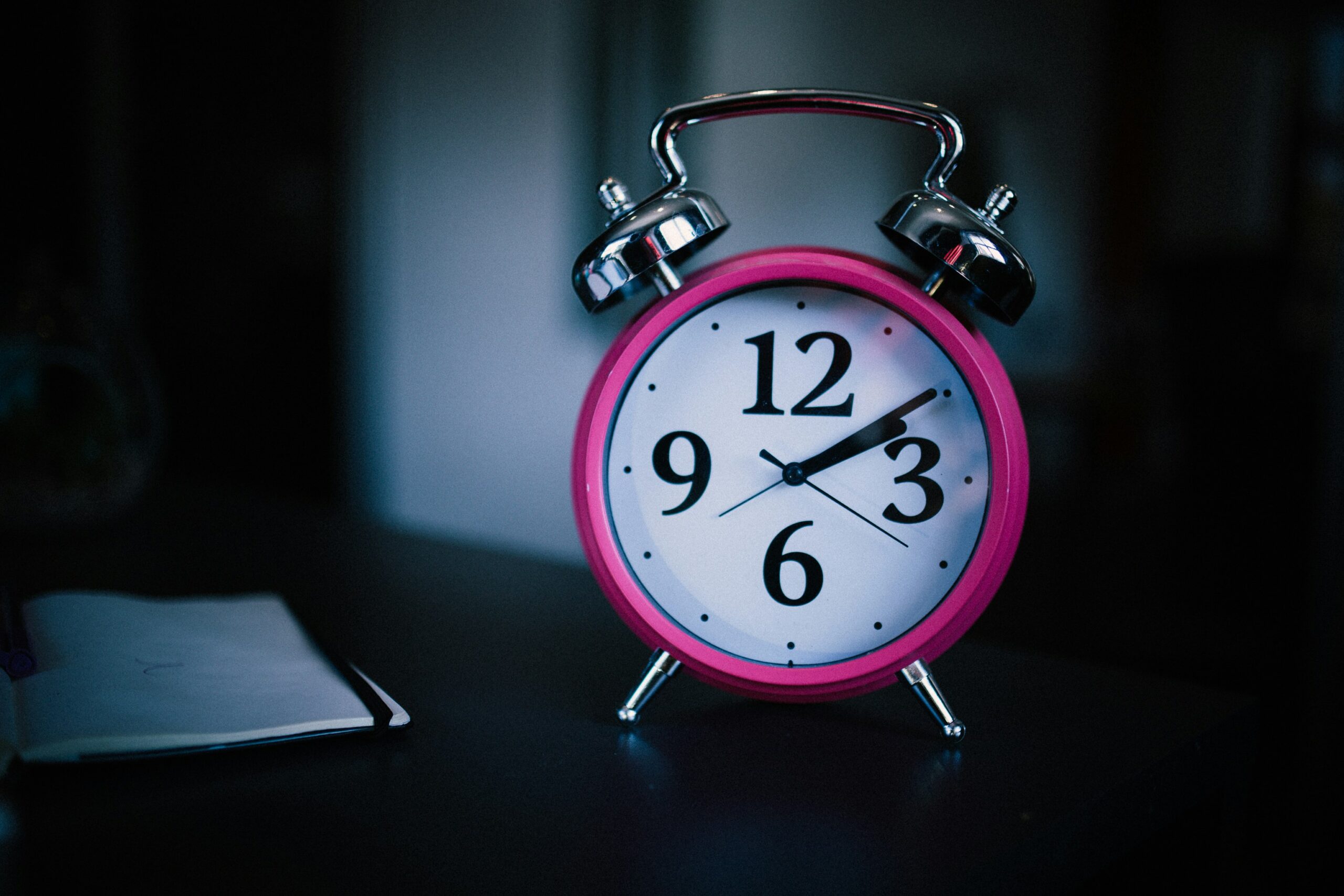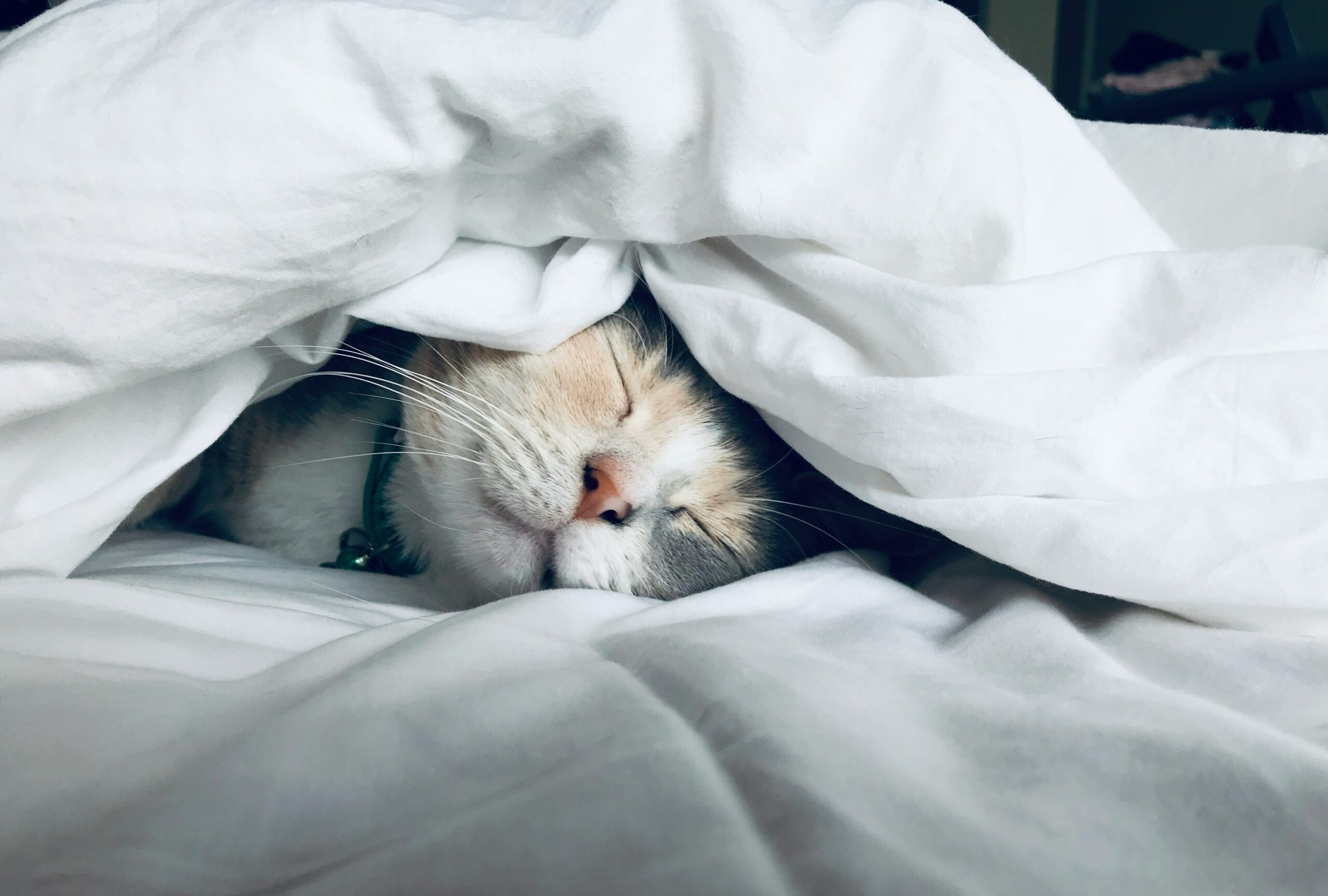Sometimes the night flies by, sometimes it seems like it drags on forever. However, regardless of the outcome, sleep is not just rest, but a crucial tool for recovery, especially for athletes. More and more athletes – from Nepal to New York — are starting to take the quality of their sleep seriously. In this article, we will analyze how exactly it affects their game form and why ignoring it means playing against yourself.
Why Sleep Is a Performance Tool
Sleep is not just rest; it is part of preparation. Deep sleep helps muscles recover, improves coordination, and speeds up reaction time—up to 30%, according to the Human Performance Lab at Stanford. Even basketball players throw penalty kicks 9% more accurately if they sleep for 10 hours. And sleep is important even if you are immersed in the world of betting, where thousands of betting options are available per day via betting APK. From the Champions League to eSports – concentration and speed of thought are no less important than on the field. If you get enough sleep, you think consciously. And you win!
Sleep and Reaction Time on Game Day
Just one sleepless night — and the reaction slows down by 300 milliseconds. This is not a guess, but data from a study by the University of Washington. In sports, such fractions of a second decide everything: the ball will fly into the net or go past, you will dodge the blow — or not. For those who train every day, the effect accumulates. Nepalese MMA fighters, for example, after switching to 8 hours of sleep, especially before tournaments, note that movements become more precise, reactions — faster, and their heads — clearer.
And what is especially interesting is that on MelBet, where, in addition to current sports news, there are memes, insiders, and exclusive promo codes, users also notice how recovery affects the result. Here, they follow not only the game, but also what is behind it. It turns out not just a betting platform, but a living sports ecosystem, where entertainment goes hand in hand with an understanding of the game.
What Happens to the Brain During Rest
When the brain sleeps, it’s not shutting down — it’s tuning up. The mental reset influences how athletes process plays, interpret opponents’ moves, and maintain focus. Here’s how:
- Neural Consolidation: Memory from tactical training and game film gets stored, improving pattern recognition on the field.
- Emotional Regulation: Cortisol drops, so athletes stay calm under pressure.
- Motor Skill Reinforcement: Repetition during REM strengthens physical muscle memory.
- Synaptic Pruning: The brain removes unneeded connections, making mental responses faster and more precise.
That’s why elite cricket players in Nepal are now working with sleep coaches. Performance is no longer just about practice — it’s about optimizing every hour, even the silent ones.
The Link Between Recovery and Precision
Accuracy is not magic, but biology. When the body is well-rested, it works like a well-oiled machine. According to the Journal of Sports Sciences, athletes who consistently sleep 8-10 hours show a 24% improvement in throwing accuracy. Golfers, archers, tennis players — anyone who cares about millimeters — take advantage of this advantage.

How Sleep Affects Decision-Making Under Pressure
Making big decisions under time pressure is the game. And the brain’s ability to react quickly and intelligently is directly dependent on sleep. Here’s how it affects different productivity zones:
| Sleep Factor | Impact Area | Result Under Pressure |
| Reaction Time | Speed of Decision | Faster responses, fewer delays |
| Emotional Regulation | Mental Composure | Less stress, better judgment |
| Cognitive Function | Strategic Thinking | Sharper decisions, clearer vision |
| Memory Consolidation | Pattern Recognition | Quicker reads of plays/opponents |
| Synaptic Efficiency | Focus & Precision | More accurate, confident choices |
That’s why coaches at Nepal’s football academies have started incorporating sleep into their training plans. And yes, strategy never sleeps, and neither does preparation.
Creating Habits for Quality Rest
There are no miracles here — just a regime. Those athletes who go to bed and wake up at the same time maintain endurance 5-10% higher throughout the season. And those who put away screens at least an hour before bed fall asleep 37% faster. This is not a guess — this is what data from trackers like WHOOP and Oura show.
In Nepal, kabaddi and volleyball players have already included sleep in their system of indicators: they record, analyze, and adjust. For them, it’s like a warm-up — an obligatory part of the process. And there is a result. Not only do the strongest and fastest win, but also those who simply get the best sleep.
Great Performance Starts With Peace of Mind
If there is silence in the head, there will be no chaos in the game. Sleep restores internal balance, bringing lightness to the body, sharpness to thoughts, and precision to movements. The game becomes not only more effective but also enjoyable. Those who strive for the maximum – whether on a street court in Kathmandu, or in a world-class arena – know: the match is won at night, when everyone else is just sleeping!

